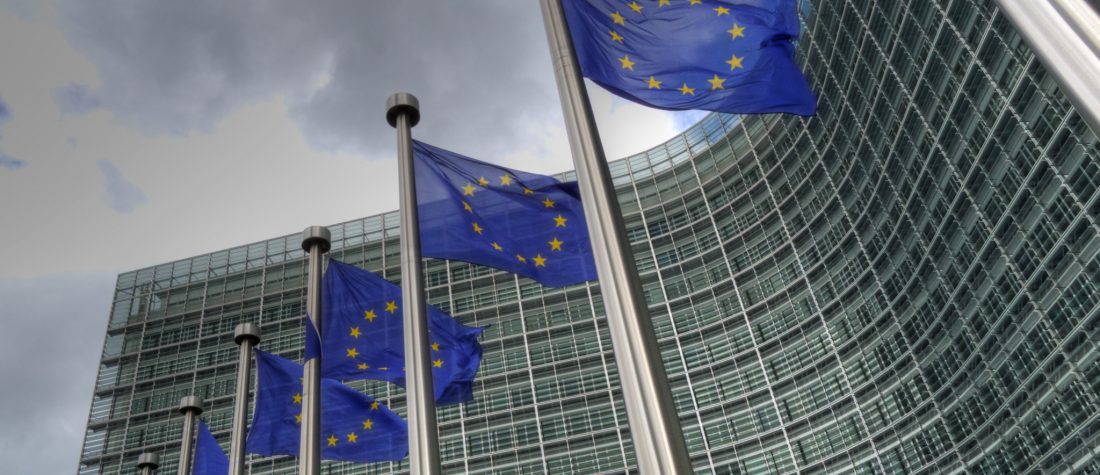Earlier this month, the European Union’s (EU) new nominee for Commissioner for Health received a public “Mission Letter” outlining his administration’s top priorities. The new Commissioner nominee, Oliver Varhelyi from Hungary, now has an extensive set of priorities to address, made all the more complicated by global events like the ongoing war in Ukraine, the continued influx of refugees and high prices driving food insecurity across Europe.
As a physician and epidemiologist, my initial review of this broad policy agenda reveals that it’s a bit of a mixed bag. First, there is much to like. Expanding programs aimed at preventive health, if they give people the tools they need to choose a balanced diet and avoid risky behaviors, could go a long way toward improving public health outcomes and decreasing the burden on public health systems. Examining the impact of social media and excessive screen time as a means of fostering a broader discussion is an extremely important mission, especially at a time when social psychologists like Jonathan Haidt and a number of other scholars are suggesting social media may be at the root of rising teen depression and anxiety.
Prioritizing the improvement of cybersecurity for hospitals and healthcare providers and protecting patients’ private data is always a good idea. So, too, are provisions to limit minors’ access to tobacco products and nicotine. And efforts to streamline and improve the European pharmaceutical industry could help expand innovation in the space.
But beyond that, there are several vaguely-described priorities that leave space for the sort of government overreach that promulgates political agendas instead of promoting public health. Some provisions here are ambiguously constructed in ways that would give broad power to bureaucrats to regulate products without achieving any demonstrable benefit to public health. Worse still, they may lead to detrimental outcomes. If the EU Commission is to succeed in its endeavors to enhance public health, it’s important that they get these right.
First, preventing and reducing food waste are both laudable aims on paper. They can help farmers earn more on what they grow, and families save money by allowing them to keep and better preserve more of what they’ve purchased. But it’s important that the mission clarify what it means by terms like “sustainable” when discussing supply chains. This emotive language has, in the past, led to rather unscientific regulations target perfectly healthy foods, like palm oil, a balanced, affordable, fat source found in most consumer products. The language may sound uncontroversial (who could oppose ‘sustainability’?) but when it leads to price increases on food, or reduced consumer choice – which is exactly what is happening due to increased regulations on palm oil – then it is problematic.
The EU should learn its lesson and be careful not to over-regulate lower cost food imports. If they do, it could lead to further price increases that put the most vulnerable and food insecure at risk. Well-heeled European leaders would be wise to consider the financial stress these measures might put on the neediest consumers. Similarly, vaguely defined “import controls,” which seem more focused on protecting domestic producers than they do on protecting public health, could raise prices on nutritious fruits, vegetables and grains that, through global trade, have become an accessible, affordable source of vital vitamins and minerals. As with the palm oil regulation, the wording may sound innocuous, but it can lead to damaging regulation.
The devil will be in the details. Much of the proposed health strategy for Europe is sensible and well-targeted. If Europe’s leaders are serious about improving public health, it’s important that they focus on those areas and not let this ambitious plan be sidetracked by policies restricting imported foodstuffs: it will do more harm than good.
Dr. Jonathan Ellen is the CEO of Connections for Health and the former CEO of Johns Hopkins All Children’s Hospital.


